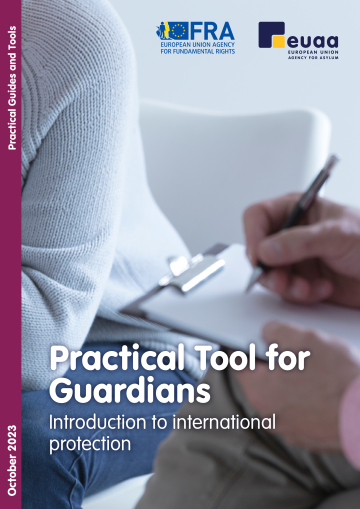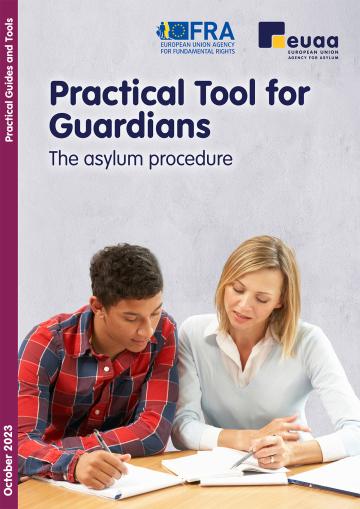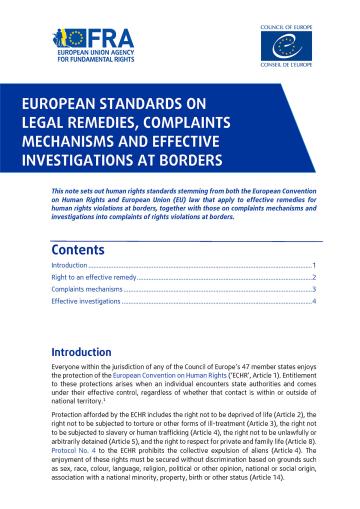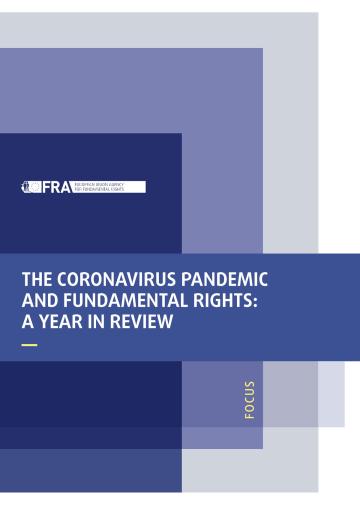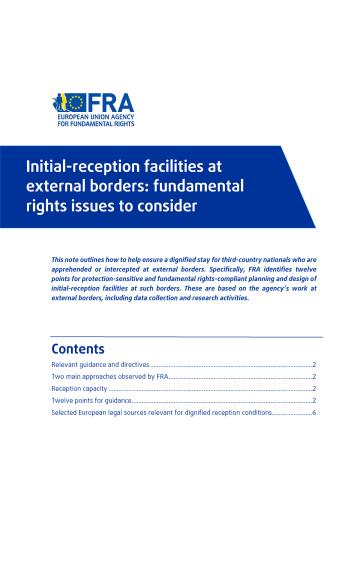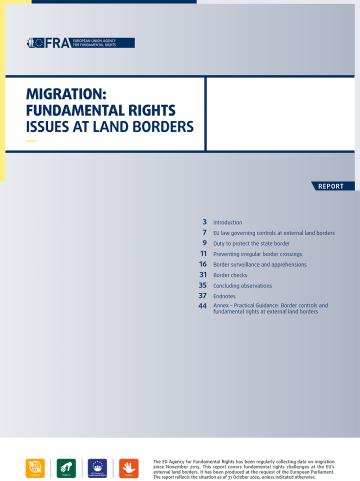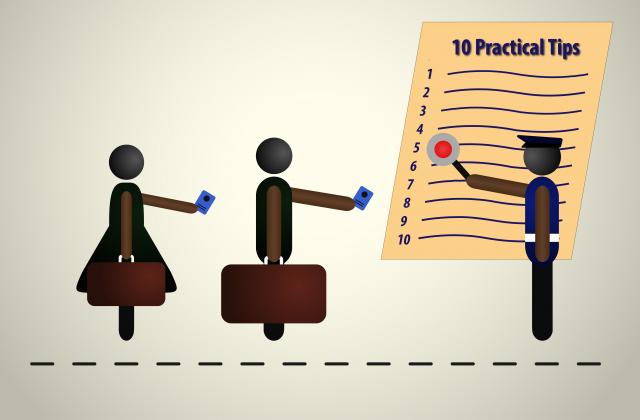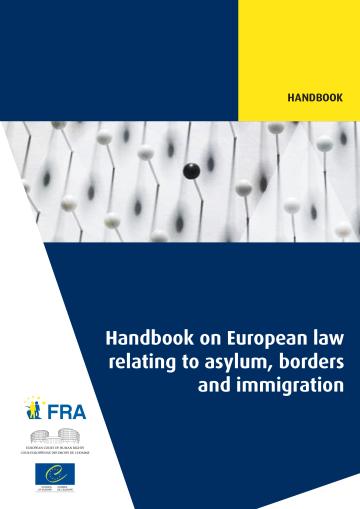Under Article 5 (right to liberty and security) of the European Convention of Human Rights (ECHR), detention of migrants and asylum applicants must be based on law, non arbitrary and comply with appropriate safeguards.
Notably, it must be:
- provided for by national law;
- carried out in good faith;
- closely connected to the legitimate aim pursued.
The conditions of detention should be appropriate and the length of the detention should not exceed what is reasonably required.
Proceedings must be carried out with due diligence and there must be a realistic prospect of removal.
According to European Court of Human Rights case law, the specific situation of detained persons and any particular vulnerability (such as health, age, special needs, etc.) may render detention unlawful. If the aim pursued by detention can be achieved by other less coercive measures, detention is not lawful.13
When children are involved, the authorities must demonstrate that detention is necessary and that other less coercive measures cannot be applied instead. Maintaining family unity does not justify detention: the principle of the best interests of the child requires that alternatives should be considered for the entire family.
The extreme vulnerability of children has consequences not only in the context of protection against arbitrariness under Article 5 (1) (f) of the ECHR, but also for Article 3 (prohibition of torture and other forms of ill-treatment) of the ECHR. Even if conditions of detention are appropriate, detaining children might still violate Article 3 of the ECHR.14
Under the EU asylum and return law, detention solely on grounds of seeking asylum, or mere irregular entry or stay is prohibited.
Detention of people seeking international protection and people in return procedures must be:
- necessary and proportionate;
- based on an an individual assessment of the circumstances of each case;
- applied only if it has been established that other less coercive measures cannot be implemented instead.
To avoid arbitrary detention, authorities need to meet additional requirements, such as giving reasons for any detention and allowing the detainee to have access to speedy judicial review (Reception Conditions Directive, 2013/33/EU, Articles 8-11 and Return Directive, 2008/115/EC, Articles 15-17).
In addition, asylum and pre-removal detention must be as short as possible. When deprived of their liberty, people must be treated in a humane and dignified manner.
Immigration detention of children must be a measure of last resort, for the shortest period of time and after it has been established that alternative measures cannot be applied effectively.
Unaccompanied children can be detained only in exceptional circumstances.


